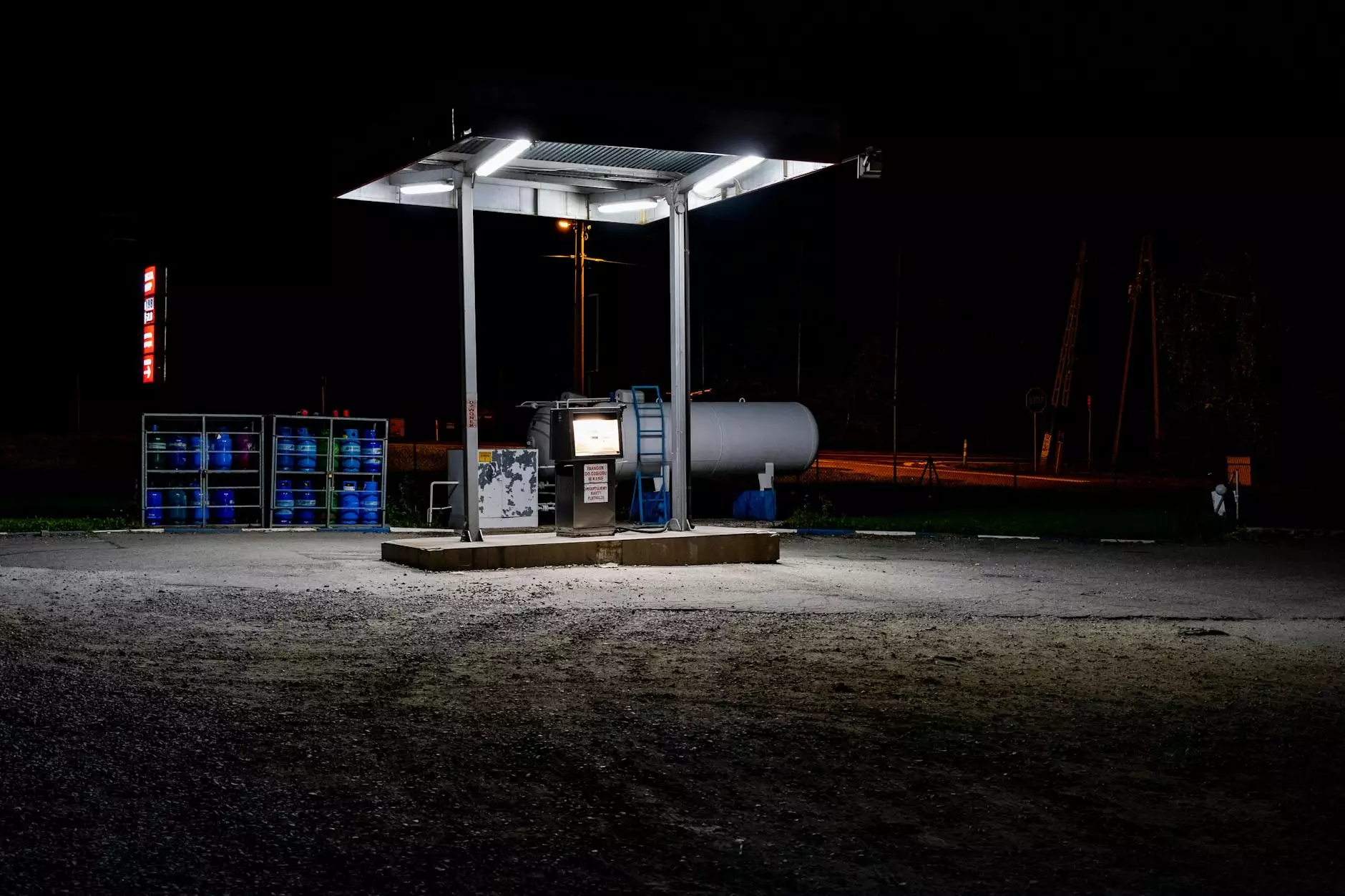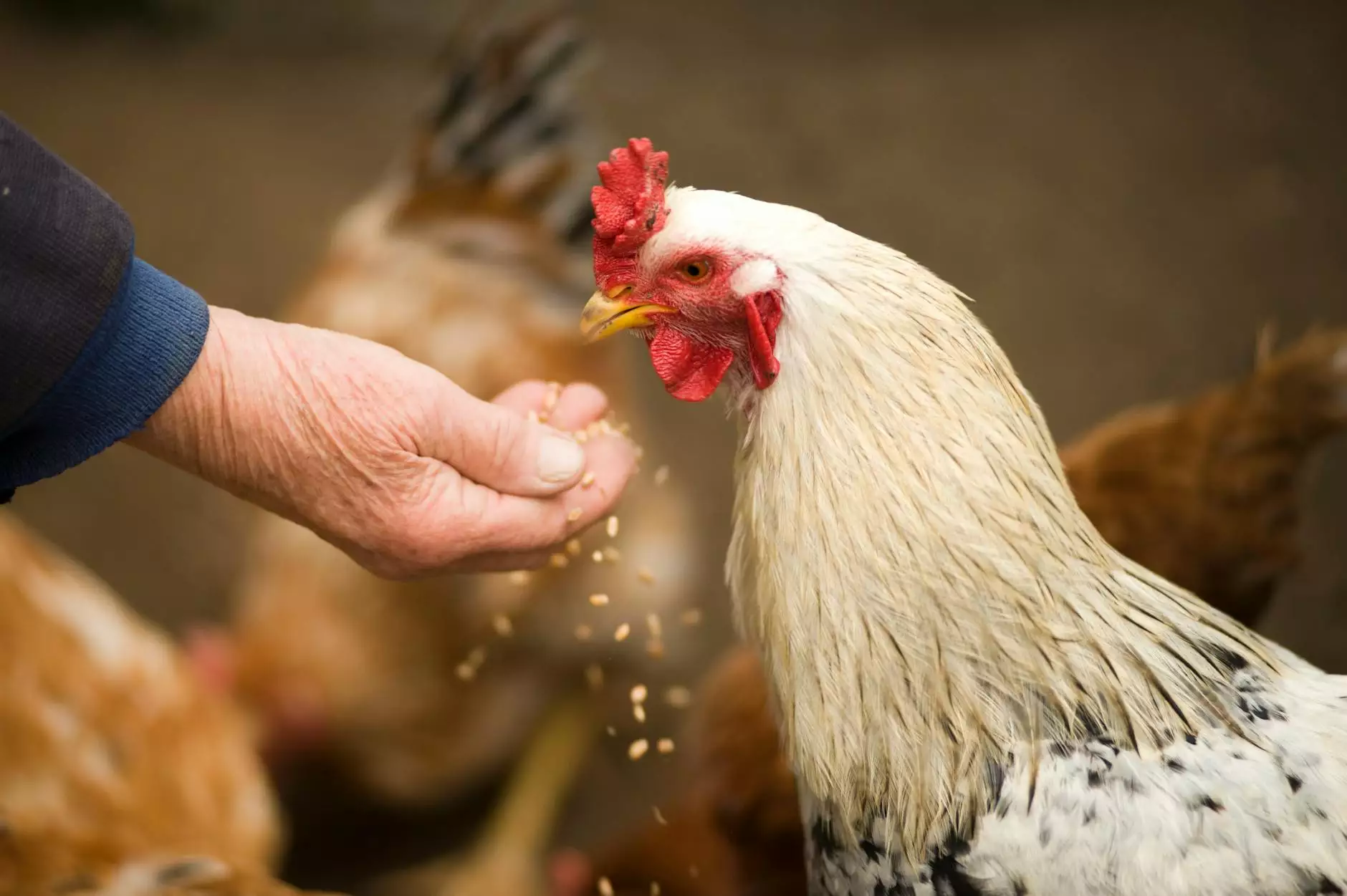Maximizing Business Potential Through Efficient Waste Cooking Oil Collection

In today's environmentally conscious world, businesses across various sectors are seeking sustainable and profitable methods to manage waste, particularly waste cooking oil (waste cooking oil collection). As a leading sunflower oil supplier and committed advocate of eco-friendly practices, Refine Sunflower Oil recognizes the vital role that systematic waste cooking oil collection plays in fostering a circular economy, reducing environmental impact, and unlocking new revenue streams.
Understanding the Significance of Waste Cooking Oil Collection
The process of waste cooking oil collection involves gathering used oils from culinary establishments, households, and food processing industries. This practice is not just an eco-friendly initiative but also a strategic business step that offers multiple benefits:
- Environmental Protection: Proper collection prevents used oils from contaminating water sources and soil.
- Resource Efficiency: Reusing waste oil transforms it into valuable products like biodiesel, animal feed, and industrial lubricants.
- Regulatory Compliance: Complying with local laws concerning waste disposal safeguards businesses from penalties.
- Economic Opportunity: Monetizing waste oil generates additional income streams for food service providers and waste management companies.
The Role of Waste Cooking Oil Collection in Sustainable Business Practices
Adopting a systematic approach to waste cooking oil collection is essential for businesses aiming for sustainability. This aligns with increasing consumer demand for eco-friendly operations and demonstrates corporate social responsibility (CSR).
Businesses that prioritize waste oil collection can:
- Reduce their environmental footprint significantly.
- Participate in renewable energy initiatives, such as biodiesel production.
- Enhance brand reputation as environmentally conscious entities.
- Enjoy potential tax incentives and subsidies for green practices.
How Waste Cooking Oil Collection Transforms Business Operations
Successful waste cooking oil collection requires an integrated approach that involves tailored logistics, proper storage, and a reliable supply chain. Here’s what makes it a game-changer:
Efficient Collection Systems
Implementation of collection tanks, scheduled pickups, and collaborating with certified waste oil collectors ensure timely and hygienic disposal of waste oil. This prevents buildup, odors, and health hazards.
Recycling and Reuse Opportunities
Collected waste cooking oil can be processed into biodiesel—a renewable, eco-friendly fuel that reduces dependency on fossil fuels. The demand for biodiesel is soaring, and businesses involved in waste collection can benefit from this booming market.
Monetizing Waste Oil
Transforming waste cooking oil into value-added products creates a profitable cycle. For instance, biodiesel producers purchase waste oil at competitive rates, offering collection companies reliable revenue. Additionally, waste oil can be converted into soap, animal feed, or industrial lubricants, opening further avenues for income.
Implementing a Successful Waste Cooking Oil Collection Program
To optimize waste cooking oil collection, businesses need to adhere to best practices that ensure safety, efficiency, and sustainability:
- Segregation: Clear separation of waste oils from other waste streams minimizes contamination.
- Proper Storage: Using designated, leak-proof, and corrosion-resistant containers guarantees safety and compliance.
- Partnering with Certified Collectors: Working with licensed waste oil collection companies ensures proper handling and eco-friendly disposal.
- Regular Monitoring and Record Keeping: Tracking quantities and disposal records facilitates regulatory reporting and process improvement.
- Staff Training: Educating employees about proper waste oil handling prevents mishaps and promotes adherence to safety standards.
Regulatory Framework and Compliance
Governments around the world recognize the importance of waste management and have established regulations that mandate responsible waste cooking oil collection. Adhering to these regulations not only avoids penalties but also positions businesses as responsible corporate citizens. Key aspects include:
- Obtaining necessary permits and licenses for waste oil handling.
- Maintaining detailed logs of collection and disposal activities.
- Ensuring waste oils are transported and processed by authorized entities.
- Engaging in periodic audits and compliance checks.
Eco-Friendly Technologies Supporting Waste Cooking Oil Collection
Innovations in collection and processing technologies are enhancing the efficiency and environmental impact of waste cooking oil management. Examples include:
- Smart Collection Bins: Equipped with sensors to monitor oil levels, optimizing pickup schedules.
- Mobile Apps: For scheduling pickups, tracking collection routes, and ensuring transparency.
- Advanced Filtration and Processing: Ensures higher quality recycled oils suitable for various applications.
- Renewable Energy Integration: Using waste oil as a feedstock accelerates renewable energy goals.
Business Opportunities & Market Outlook in Waste Cooking Oil Collection
The market for waste cooking oil collection and recycling is expanding rapidly, driven by increasing environmental awareness, legislative support, and technological advances. Opportunities include:
- Biodiesel Production: Tapping into a resilient market with a growing demand for sustainable fuels.
- Partnerships with Food Service Sector: Establishing reliable collection agreements with restaurants, hotels, and catering services.
- Waste Management Services: Offering integrated waste solutions for large institutions.
- Research & Development: Innovating in bio-based products derived from waste oils.
As global entities pursue greener policies, the demand for responsibly managed waste cooking oil will only increase, making this sector highly profitable and impactful.
The Role of 'Refine Sunflower Oil' in Supporting Waste Cooking Oil Collection
Refine Sunflower Oil stands at the forefront of promoting a circular economy through sustainable practices and resource-efficient sunflower oil production. Our commitment extends beyond supply; we actively support the entire value chain that includes waste cooking oil collection.
We collaborate with waste management partners, provide educational resources about proper waste oil handling, and invest in technologies that enhance recycling processes. Our vision is to foster a sustainable future where waste is transformed into valuable resources, reducing environmental impact while creating new business avenues.
Conclusion: Building a Sustainable Future with Waste Cooking Oil Collection
Implementing an effective waste cooking oil collection system is more than an environmental obligation; it is a strategic business decision that can generate substantial economic benefits. As a reliable Sunflower Oil Supplier and industry leader, Refine Sunflower Oil advocates for integrating sustainability into business models.
By prioritizing waste oil collection, businesses can:
- Contribute to environmental preservation
- Tap into lucrative recycling markets
- Enhance corporate reputation
- Participate in global green initiatives
Embrace the potential of waste cooking oil collection today—transform waste into wealth and lead the way towards a greener, more sustainable future.









